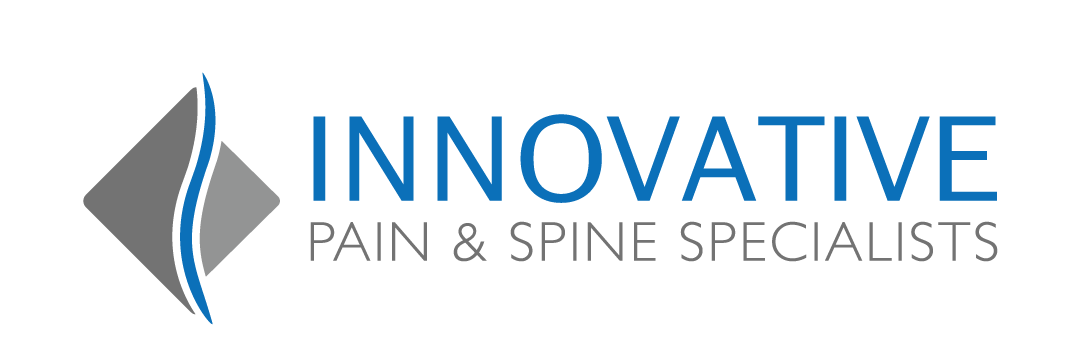Managing Chronic Pain with Non-Opioid Options
Most patients would be surprised to know that the first line of treatment when it comes to managing your pain is not prescription opioids and the reasons not to use them are significant.
1 in 4 patients receiving long-term opioid therapy struggles with opioid addiction.
Over 70% of the nearly 71,000 drug overdose deaths in 2019 involved an opioid.
Anyone taking prescription opioids runs the risk of becoming addicted.
Side-effects from opioids can range from physical dependence, to abuse and overdose, to death.
Education on managing your pain using a number of different treatments, such as non-opioid medications, interventional therapies (injections), and physical therapy, can be extremely effective and much safer. It’s the first approach physicians at Innovative Pain & Spine Specialists in Lincoln and Omaha, Nebraska take.
Prescription Opioids
Understanding what prescription opioids are and what they are being used to treat is necessary before agreeing to take them. Opioids are typically prescribed for patients who have experienced a severe injury, had surgery, or are being treated for a major health condition, like cancer. Often, the patient is only on the opioids for a short period of time, from a few days to a week.
Opioids are natural or synthetic chemicals used to help minimize acute or chronic pain. Most commonly prescribed opioids are:
- Oxycodone
- Oxymorphone
- Hydrocodone
- Codeine
- Morphine
- Fentanyl
- Methadone
Because prescription opioids have the potential to be habit-forming, our Innovative providers will monitor you to ensure you are taking these powerful drugs carefully and as prescribed. Recommended guidelines have been developed for using controlled substances for treating pain. The major features of these guidelines include:
- Comprehensive evaluation of the patient
- Documented treatment plan
- Discussion of the risks and benefits of opioid therapy
- Signed controlled-substances agreement
- Periodic review
- Compliance with controlled substances loss and regulation
It is very important that you follow your prescribed instructions.
Non-opioid Therapies
Innovative Pain & Spine physicians are committed to making sure patients experiencing pain receive treatment that provides the greatest benefit. Opioids can be effective in managing chronic pain for active cancer treatment, palliative care, and end-of-life care. Outside of those types of illnesses, non-opioid treatments, including non-opioid medications and nonpharmacological therapies, can provide relief to those suffering from chronic pain, and are safer.
Other non-opioid options with less side effects to help manage your chronic pain include:
- Over-the-counter medications such as acetaminophen or ibuprofen
- Topical ointments that can reduce pain, like lidocaine
- Exercise therapy and physical therapy
- Interventional therapies (injections) administered by a pain management specialist
- Daily exercise
- Antidepressants and anti-seizure medications
- Cognitive behavioral therapy to alter physical, behavioral, and emotional responses to pain and stress
- Acupuncture
- Massage therapy
Talk with Your Doctor
At Innovative Pain & Spine, our doctors and providers are committed to helping you manage your pain in the most effective and beneficial way that works for you. We will discuss with you all options, including benefits and risks involved with prescription opioids and non-opioid therapies, and various types of targeted injections and nerve blocks to manage your pain. There isn’t a “one-size-fits-all” treatment – each patient’s pain is unique. Be open to non-opioid therapies. Reducing your pain can take time and that’s why we will be with you every step of the way.
To schedule an evaluation to assess your chronic pain, call Innovative Pain & Spine Specialists in Lincoln and Omaha, Nebraska at 402-413-5010. Our team is here to help restore function and improve the quality of your life.
